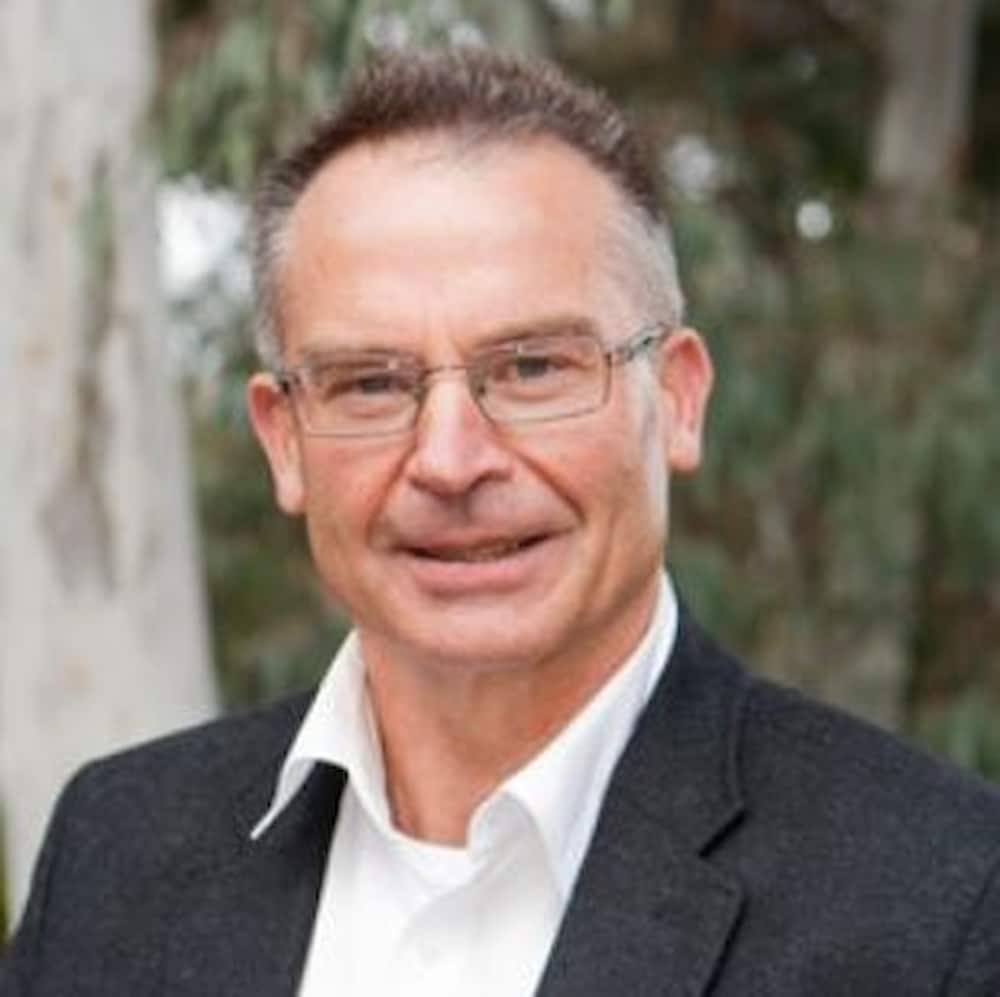Political jockeying or a lack of empathy could account for the Labor-Green government’s rejection of a suggested taskforce to investigate poverty in the ACT, according to former Labor Chief Minister Jon Stanhope. (See our earlier story.)
Mr Stanhope had agreed last year to chair the poverty taskforce when then-Opposition leader Alistair Coe mooted it last year. For the last six years since leaving politics, he has worked in the community sector, with the Winnunga Nimmityjah Aboriginal Health and Community Service, so is familiar with the poverty and hardship faced by disadvantaged Canberrans.
Current leader Elizabeth Lee proposed last week that the taskforce be set up, but Labor and Green ministers believed that they already had enough information to deal with the problem, and that the Federal government was responsible for poverty in Canberra.
Mr Stanhope said he was disappointed the proposal had been “bluntly dismissed”, and that he was surprised by the rationale given.
He offered two explanations. The first – the least confronting – was that the government was caught up in the politics of the moment:
“They responded to the provocation of the Liberals to be the champions of the battlers, of the working class, and opposed them on spurious grounds. … They didn’t wish to be seen to be wedged by the Liberal party – and too bad about the issue, and too bad about the people living in poverty.”
The other, more concerning explanation was that Labor and the Greens were not interested in poverty.
“There are worrying suggestions that neoliberalism is very much part of [their] philosophy at the moment,” Mr Stanhope said.
Current housing and health care policies – high rents, an undersupply of public and social housing, and a run-down health system – disadvantaged the working class, who could not afford their own home or private health insurance, Mr Stanhope argued. In particular, the ACT had some of the worst outcomes for Indigenous Canberrans on such benchmarks as the incarceration rate, health, education, housing, and substance abuse – a third of Aboriginal children lived in poverty, for instance – and the government had not taken serious steps to solve these problems in recent years.
“It’s difficult for me to say as a member of the Labor party; it’s difficult to say as a lifetime supporter of the Labor party,” Mr Stanhope said, “but the Liberal party shows more empathy, more interest, and a greater propensity to actually deal with these issues than the Labor party or the Greens currently do.”
Mr Stanhope was worried too many Canberrans turned a blind eye to poverty. “I do believe we have become far too complacent, far too self-satisfied, and we have left a very important part of our community behind in our thoughts and in our demands for action by our government. …
“I do worry about the extent to which a very comfortable and dominant middle class is finding it easier to not see poverty, to not see disadvantage, to not see discrimination, and to not see racism.”
ACTCOSS calls for action
The ACT Council of Social Service (ACTCOSS) had supported the call for a Poverty Commission in the lead-up to the ACT election. Chief executive Dr Emma Campbell said while it was important to see members of the ACT Assembly discussing Canberra’s high rates of poverty, ACTCOSS wanted to see the passion and fine words displayed in the assembly turned into action.
“The two main drivers of poverty are income and housing costs,” Dr Campbell said.
She called on Ms Lee to lobby her Federal colleagues to raise the rate of JobSeeker and related payments permanently and adequately so that no Canberran was forced to survive on $40 a day.
She also called on Mr Barr to act on housing affordability and our housing crisis, and to fund the community sector so that there were secure jobs with decent wages in an industry that predominantly employs women.
“Investing in community housing and the community sector makes sense – it supports vulnerable Canberrans and can help tackle poverty,” Dr Campbell said. “It also creates jobs and economic growth.”



